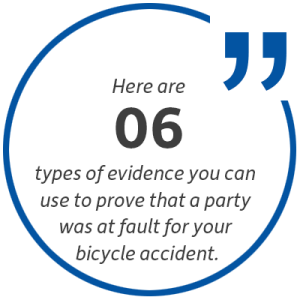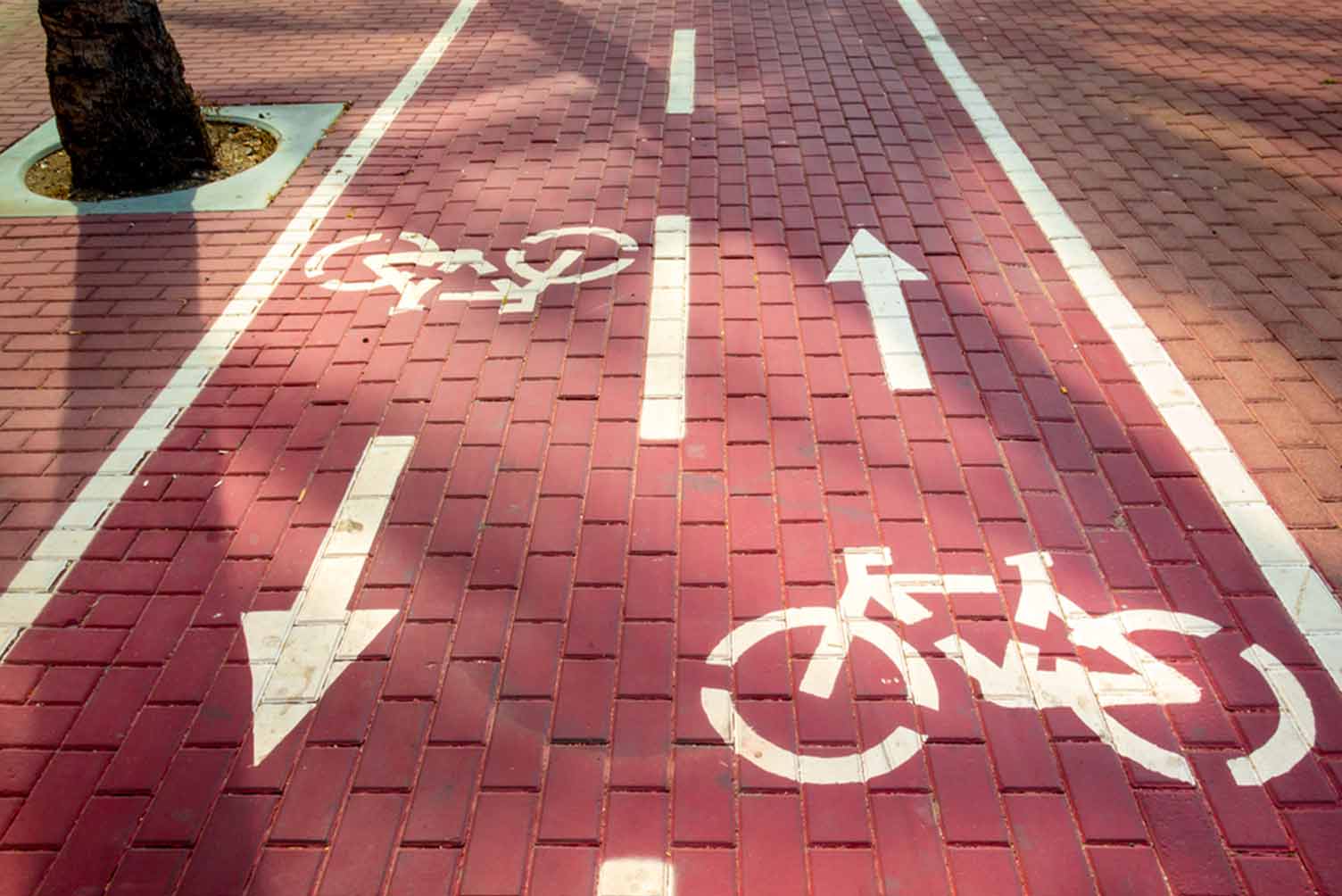Although biking provides Indiana residents with a fun alternative to driving, a cycling fall can leave you with debilitating injuries, including severe shoulder injuries.
While some shoulder injuries may be obvious after a fall, such as a bone on your shoulder sticking out, some are harder to detect and may not become apparent until hours or even days after your accident. For that reason, it’s important to seek immediate medical attention after a bike crash, especially if a vehicle struck you.
Regardless of what kind of shoulder injury you sustain and its severity, you can file a claim against the at-fault party to recover compensation for any medical bills, property damage, and other losses. While you can handle the claims process on your own, you can strengthen your case by contacting an Indianapolis bicycle accident lawyer, as an attorney can help you collect evidence and negotiate a higher claim on your behalf.
In this blog, you’ll learn all about different types of shoulder injuries and recouping compensation.
I Fell and Hurt My Shoulder. What’s the Injury?
The shoulder is an intricate and multifaceted region of the body, and it features numerous delicate components that can become damaged from a cycling fall. After a bike crash, you could sustain shoulder blade injuries from falling or suffer from a severe tear or fracture.
Common types of shoulder injuries include:
- Posterior shoulder dislocation: A condition where the humerus (upper arm bone) slips out of the socket at the back of the shoulder.
- Anterior shoulder dislocation: An injury similar to a posterior shoulder dislocation, but the humerus falls out of the socket at the front of the shoulder.
- Rotator cuff tear: A tear in the group of tendons and muscles that surround the shoulder joint, impairing the ability to lift or rotate the arm.
- Acromio-Clavicular (AC) joint injury: An injury to the joint meeting the clavicle (collarbone) and the acromion (part of the shoulder blade), often caused by direct impact or falling onto the shoulder.
- Fracture: Sustaining a serious fall may fracture one or more of the bones that make up your shoulders. Types of shoulder fractures include clavicle (collarbone) fractures, scapula (shoulder blade) fractures, and proximal humerus (upper arm) fractures. Compound (open) fractures and comminuted fractures often require extensive medical treatments. A compound fracture occurs when a bone on a shoulder sticks out of the skin, and a comminuted fracture is when a bone breaks into multiple pieces.
- Labral tear: The labrum is the ring of cartilage that surrounds the socket of the shoulder joint. A labral tear can cause severe pain and result in shoulder instability.
- Bursitis: Inflammation of the bursa, tiny fluid-filled sacs that cushion the bones, tendons, and muscles near the shoulder joint. Bursa inflammation causes pain and restricts your shoulder movements.
If you suspect you’ve suffered from any of these conditions, you should seek medical attention to diagnose the problem and start the healing process.
Shoulder Injury Symptoms
Without a medical diagnosis, it can be challenging to know whether your shoulder pain indicates an injury, especially because it’s common to have shoulder soreness after physical activity. If you find yourself saying, “I fell and hurt my shoulder, but I’m not sure whether I suffered an injury,” you should be on the lookout for the following symptoms:
- Pain
- Reduced range of motion
- Weakness
- Tingling or numbness that may radiate to the arms and hands
- Bruising or swelling
- Discoloration
Who May Be At Fault For My Accident?
The first step you’ll need to take to recover money after a crash is to identify the at-fault party. This could be any individual, company, or municipality that contributed to or caused your accident. Some examples include:
- A driver who struck your vehicle
- A jaywalker who walked out in front of you, forcing you to crash
- A negligent bike manufacturer that constructed your ride with faulty components
- A bike repair shop that claimed to fix an issue, such as your brakes, but didn’t
- A local government that failed to maintain roads, causing your accident
Collecting Evidence For a Bike Accident Claim
To hold the responsible party accountable for damages, you’ll need to collect evidence supporting your claim. You’ll need to prove that the negligent party caused your accident and that you sustained losses as a direct result.

Types of evidence you can use to prove that a party was at fault for your bicycle accident include:
- Eyewitness statements
- Photographic and video evidence
- The police accident report
- Physical evidence, such as broken parts of your bike or the bike itself
- Receipts or other documentation indicating that a repair company claimed but failed to fix a mechanical issue
- Receipts or other documentation showing that the bike was defective when you bought it
In addition to establishing liability, you’ll need to provide sufficient evidence proving that you suffered damages due to the accident. The specific evidence you’ll provide will depend on what damages you seek. Depending on your case, you may pursue compensation for property damage, past and future medical bills, lost wages, pain and suffering, emotional trauma, loss of enjoyment of life, and loss of future earnings.
Types of evidence you can use to prove you suffered losses include:
- Medical records and receipts
- Doctor’s notes
- Expert medical testimony
- Photos of your injuries shortly after the crash
- Bike repair estimates
- Eyewitnesses corroborating that you experienced pain or fear during the accident
- Testimony from your family and friends confirming that the accident and your injuries have caused you pain and suffering
- Documentation showing that you missed work due to your injuries
Once you have sufficient proof, you’ll file a claim with the negligent party’s insurance company. In Indiana, you have two years from the date of your accident to file a claim.
Contact an Indianapolis Bike Accident Attorney
Even if you provide ample evidence when filing your claim, the at-fault party’s insurance company will likely do everything possible to avoid paying you the full compensation you deserve. They may try to make the case that you were responsible for your own injuries.
For that reason, it’s critical to contact a bike accident attorney who can help you with your claim. A seasoned legal team can assist you by helping you collect evidence, and they’ll negotiate a higher accident settlement on your behalf.
For expert legal assistance in Indianapolis, contact the attorneys at Crossen Law Firm. We’ll work diligently to ensure you receive the maximum compensation possible after your bike accident.
You can get started today by calling 317-401-8626, or you can contact us online here.

 317-401-8626
317-401-8626 
.jpg)